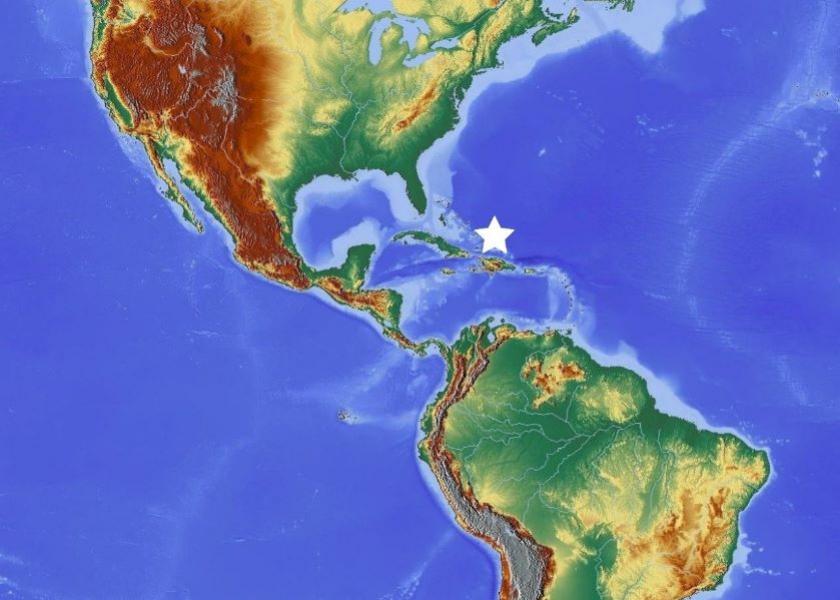U.S. Seeks to Protect Pork Exports if African Swine Fever Virus Hits Territories

The United States said on Thursday it is seeking to avoid disruptions to pork exports if the territories of Puerto Rico or the U.S. Virgin Islands detect the fatal pig disease African swine fever.
The risk for infections in the territories is higher after the Dominican Republic in July confirmed the Americas' first outbreak of African swine fever in nearly 40 years.
The U.S. Department of Agriculture will work with the World Organisation for Animal health (OIE) to designate Puerto Rico and the Virgin Islands as separate zones from the mainland to "ensure the continued flow of U.S. pork and live swine exports," according to a statement.
The OIE allows zones in areas free of disease in response to an increased risk from a neighboring country, the USDA said.
The designations would allow the United States to maintain its status of not having African swine fever if the territories confirm cases, according to the National Pork Producers Council, a U.S. industry group.
African swine fever is harmless to humans but deadly to pigs. To prevent transmission, governments often block pork imports from countries where the disease is found.
African swine fever has never been detected in the United States. It originated in Africa before spreading to Europe and Asia and has killed hundreds of millions of pigs.
Brazilian pork and poultry lobby ABPA and 21 private organizations from 18 Latin American countries met this month and formed a committee to discuss strategies to prevent African swine fever (ASF) in the region.
The USDA told Reuters on Aug. 5 that OIE "provides no designation between a country and its territories when determining ASF status."
"In the event of a detection, we would quickly work with trading partners to regionalize Puerto Rico from the U.S. mainland and to show mitigations that are in place to prevent disease spread from Puerto Rico to the mainland," the USDA said in an email.
(Reporting by Tom Polansek in Chicago; Additional reporting by Ana Mano in Sao Paulo; Editing by Steve Orlofsky)
Read More from Farm Journal's PORK:
USDA Prepares to Establish Foreign Animal Disease Protection Zone







